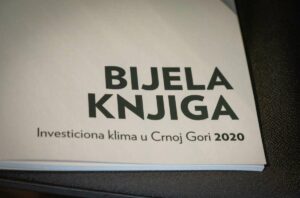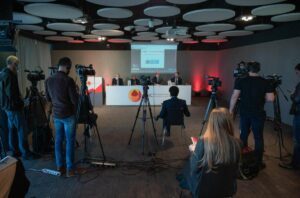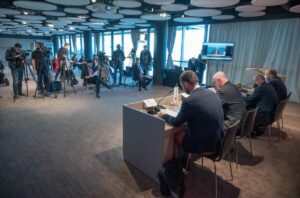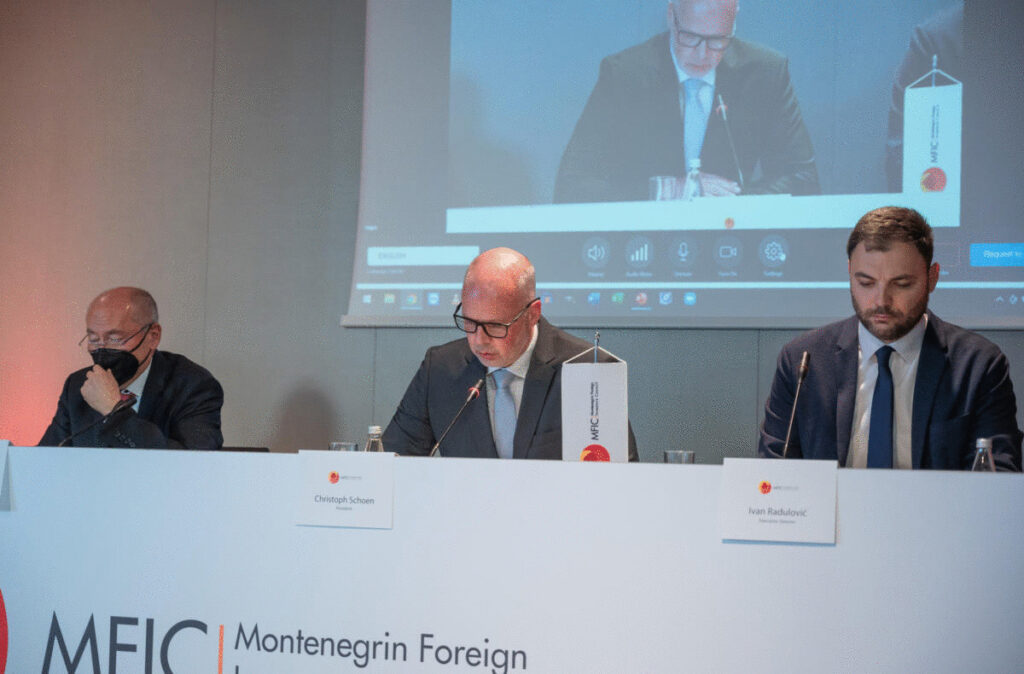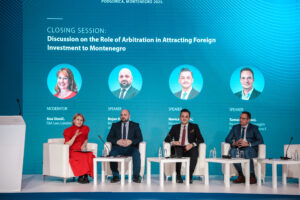Pandemic considerably affects the vulnerability of Montenegro’s economy
President of the Montenegro Foreign Investors’ Council (MFIC) Christoph Schoen has said that, compared with 2019, the Ease of Doing Business Index decreased considerably last year, because of the coronavirus pandemic, which had a negative impact on the Montenegrin economy and tourism sector. Presenting the 11th edition of the White Book, he said that the last year was characterized by enormous challenges, directly triggered by the worldwide pandemic crises and challenges, which had already existed before and which sharpened during the year.
According to him, this emphasized the vulnerability of Montenegro’s economy because of its heavy reliance on tourism, which is why a decrease in the Ease of Doing Business Index is not surprising. Last year’s Ease of Doing Business Index is calculated at 6.4 on the scale of 1 to 10, down from 6.9 in 2019. Schoen said at a press conference that the pandemic had resulted in extensive socio-economic impacts, putting a significant number of companies at risk of closing down. “We cannot undo the damage done in the past, but it is our duty to do our best to overcome the crisis as soon as possible,” said Schoen, who is also CEO of Addiko Bank. According to him, the focus should be placed on elimination of the business barriers and joint fight against the virus. “We support the Government’s measures aimed at making Montenegro a safe destination as soon as possible, as well as the vaccination, which is of key importance for the recovery,” said Schoen.
MFIC Executive Director Ivan Radulovic said that a considerable decline in the ease of doing business was expected because of the corona crisis. “Six different sectors: telecommunications and ICT, banking and finance, tourism, manufacturing and energy, trade and retail, and transport and logistics have been evaluated and all of them saw a decrease,” said Radulovic. According to him, the tourism sector decreased the most, from 6.9 to 6.1, last year.
The MFIC recommends a more efficient implementation of reforms, further modernization of the work of cadastral and notary services, and paving the way for further infrastructure investments. It is also necessary to keep up with the measures of labour market flexibility and freedom growth, continue with the policy of improving the work of the administration and raising efficiency at all levels, and further development of Montenegrin economy and society through digitalisation as development and transformation policy. Montenegro needs to create grounds for improved public finance policy with special focus on new investments that may contribute to the stabilization of public finance with the reduction of deficit and maintenance of public debt. White Book: Investment Climate in Montenegro 2020


